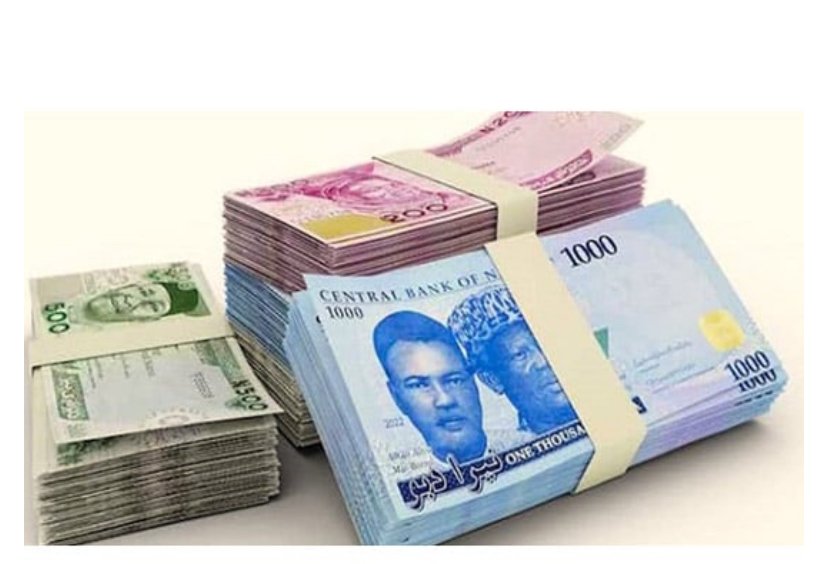Naira Strengthens to 10-Month High Amid Boost in Foreign Inflows
The Nigerian naira surged to its strongest level in nearly a year, closing last week at ₦1,455.17 per US dollar in the official market. This marks a 0.72% gain from the previous week and the highest value since December 2024, according to data from the Central Bank of Nigeria (CBN).
Market analysts attribute the naira’s recent performance to a surge in foreign exchange inflows—particularly from foreign portfolio investors and increased diaspora remittances. These inflows have improved overall liquidity in the system, easing pressure on the local currency.
The parallel market also reflected this positive trend, with the naira appreciating by 0.88% to ₦1,475/$, bolstered by the same liquidity boost.
Early in the week, the foreign exchange market experienced some volatility, triggered by short-term exits of foreign investors. However, as the week progressed, sentiment shifted positively, thanks to substantial inflows from investors converting dollars to naira for local investment obligations, especially in the fixed-income market.
Investment firm AIICO Capital projected a relatively stable short-term outlook for the naira, citing improved dollar availability and steady external reserves. Similarly, Cowry Assets Management echoed this sentiment, noting that consistent foreign inflows had helped reduce the imbalance between demand and supply in the market.
Cowry Assets added a note of caution, stating that while the naira could remain steady in the short term, a sudden increase in import demand or a slowdown in dollar inflows could limit further appreciation. Additionally, fluctuations in global oil prices may influence investor confidence and foreign earnings.
Nigeria’s external reserves climbed to $42.57 billion, supported by higher revenues from crude oil sales, remittance inflows, and portfolio investments. This growth in reserves gives the CBN more leverage to stabilize the market and cushion short-term shocks.
With stronger external buffers and increasing foreign investment, the outlook for Nigeria’s currency appears cautiously optimistic, at least in the near term.




